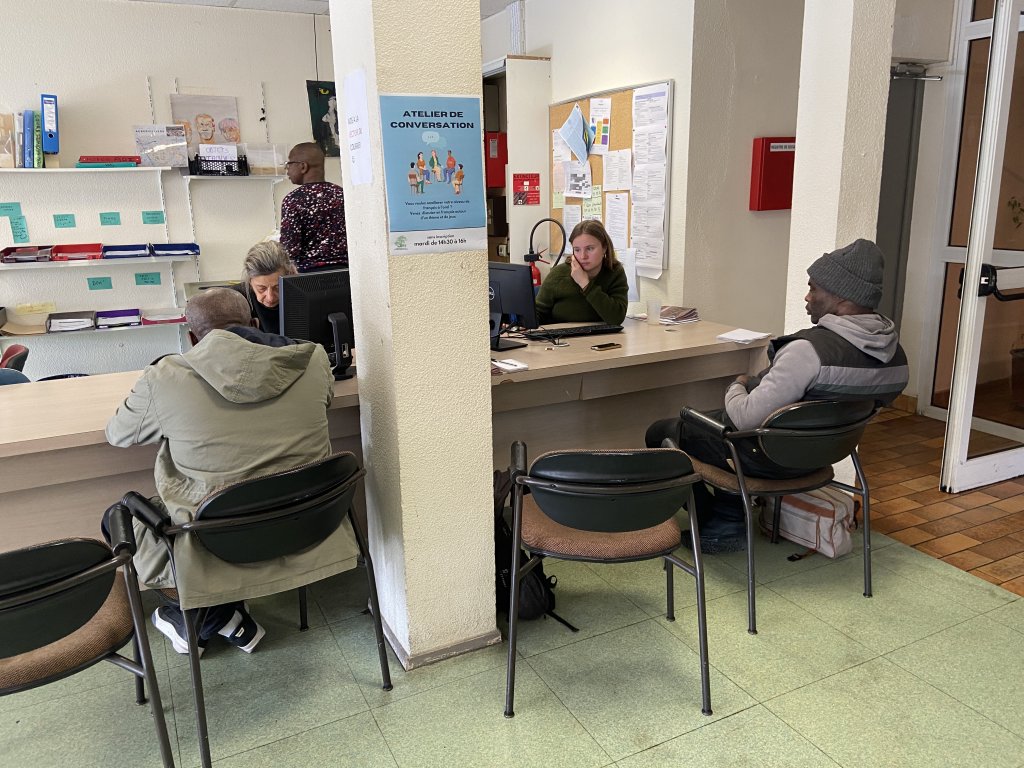France’s digital immigration system, ANEF (Administration Numérique des Étrangers en France), was designed to simplify administrative processes for migrants. However, instead of streamlining procedures, it has become notorious for technical glitches, bureaucratic blockages, and the lack of human support, leaving thousands in legal limbo.
At La Cimade’s legal aid center in Paris, migrants gather daily seeking help with residency permits, medical aid applications, and family reunification. Many of them, like Jawad, a 34-year-old Afghan, have been trapped in an administrative nightmare due to ANEF errors. Despite receiving subsidiary protection in 2021, he has waited four years for his residence permit due to a technical issue that incorrectly flagged his civil status. Forced to renew temporary receipts every three months, he cannot travel to visit his wife in Iran, causing family tensions and emotional distress.
Similarly, Paimann, another Afghan migrant, has faced severe consequences due to ANEF’s inefficiencies. Having lived in France since 2018, he lost his construction job in 2024 after his employer refused to accept temporary certificates in place of a valid residence permit. Despite his paperwork being approved, he has waited two years for an official document, leaving him unemployed and struggling to support his family.
Legal aid volunteers at organizations like La Cimade and Secours Catholique describe ANEF as a “system that creates undocumented immigrants.” Many migrants are forced to seek legal action, hiring lawyers to challenge the lack of responses from the prefecture. The Defender of Rights, an independent watchdog, reported a 400% rise in complaints related to foreigners’ rights between 2019 and 2023, highlighting recurring technical failures such as the inability to submit applications or renew permits online.
Migrants who attempt to get help through official channels face further obstacles. The state provides limited assistance via a Citizen Contact Center, which is often unresponsive, and Digital Access Points, staffed by young volunteers without administrative expertise. Many migrants find themselves stuck, unable to access their accounts or retrieve necessary documents, with no clear resolution in sight.
Despite acknowledging the issues, the French government has made little progress in fixing ANEF’s problems. The Defender of Rights has proposed 14 recommendations, including offering non-digital alternatives, automatic renewals of temporary residence certificates, and improved telephone support at prefectures. However, until real changes are implemented, thousands of migrants remain trapped in bureaucratic uncertainty, facing job losses, travel restrictions, and legal struggles due to a flawed digital system.

